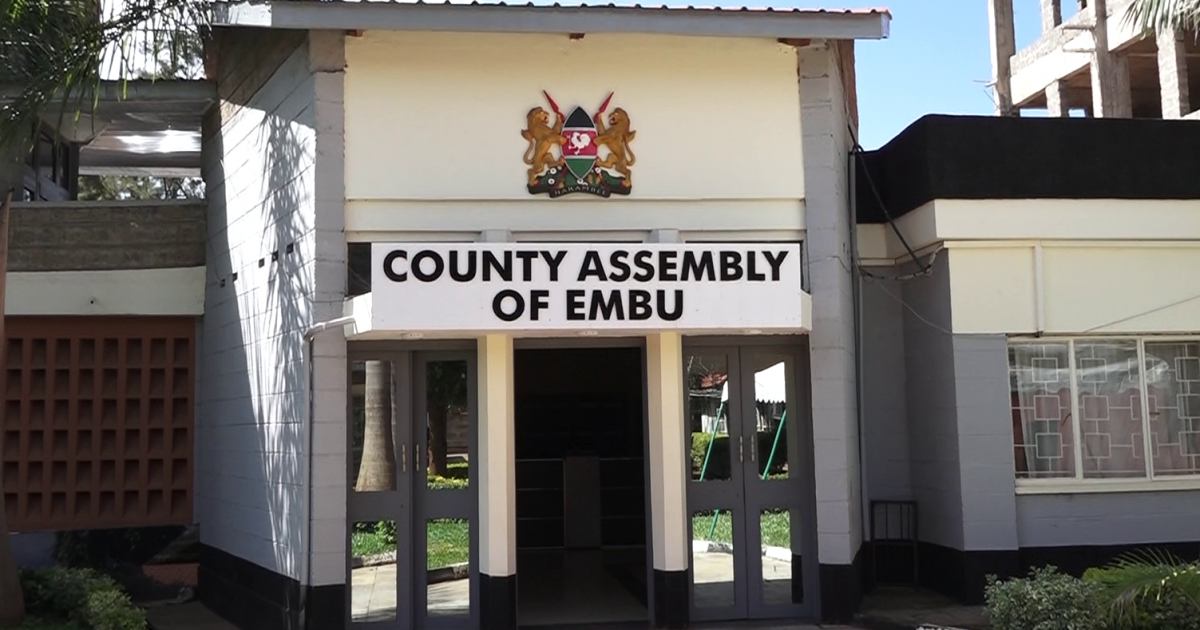The Employment and Labour Relations Court has upheld a decision by the Salaries and Remuneration Commission (SRC) to scrap various allowances previously enjoyed by Members of County Assemblies (MCAs).
In a ruling delivered on Friday, September 5, Justice Onesmus Makau affirmed that the Retreat Allowance, Sitting Allowances for Internal Institutional Committees, and Taskforce Allowances for Internal Institution Taskforces amounted to double compensation, given that MCAs already receive a consolidated gross pay.
"As regards the scrapping of Retreat allowance, sitting allowances for internal institutional committees and Task force allowance for internal institution task forces, the respondent explained that paying the said allowances in addition to gross pay amounted to double compensation to the concerned officers.
"According to the respondent, the tasks undertaken in retreats, internal committees and internal task forces were in furtherance of their core business," the ruling read.
Makau also dismissed a petition filed by the County Assembly of Embu, which claimed that the reclassification of MCAs from Job Grade D5 to Job Grade D4 amounted to demotion, unfair labour practice, and a reduction in pay and benefits.
Read More
The court ruled that the petitioners failed to prove MCAs had ever been elevated to Job Grade D5, noting that correspondence from the County Assemblies Forum had in fact welcomed SRC’s grading advice.
"Accordingly, in this case, the burden is upon the petitioner to prove by evidence that the respondent, vide the impugned circulars, demoted the role of MCA from Job Grade D5 to D4, and that the demotion was done unlawfully and led to reduction of remuneration and benefits," the ruling added.

On the issue of non-practicing allowance, the court sided with SRC, finding that the County Assembly of Embu had provided no evidence to support claims of SRC’s refusal to approve payments for professionals in the county assembly public service.
"That this Honourable court be pleased to declare that the refusal and failure to approve payment of Non-practicing Allowance for professionals working in the County Assembly of Embu, is unconstitutional and amounts to discrimination under the provisions of Article 27 (1)(2)(3) and (4) of Constitution of Keny," the ruling further read.
In conclusion, Makau ruled that the allegations raised against SRC were unsubstantiated, effectively dismissing the petition in its entirety.
"In view of the foregoing conclusion, I find that the petitioner has failed to prove its case on a balance of probability and as such it is not entitled to the reliefs sought. Consequently, I dismiss the petition with costs," the ruling concluded.
In November 2023, the County Assembly of Embu filed a petition in court challenging decisions made by SRC over the scrapping of various allowances for MCAs.
The petition arose from circulars issued by SRC in August 2023 that abolished retreat allowances, sitting allowances for internal institutional committees, and taskforce allowances for internal institution taskforces.
The commission argued that the allowances amounted to double compensation since MCAs were already paid salaries to perform those duties.
In its case, the Embu County Assembly also contested the demotion of MCAs from Job Grade D5 (Job Group P) to Job Grade D4 (Job Group N).
The Assembly claimed the move unfairly reduced the entitlements of MCAs, including foreign travel allowances.
Further, it faulted SRC for discontinuing non-practicing allowances for professionals within the County Assembly service, saying the decision was unjustified, discriminatory, and taken without due consultation.
In its response, SRC argued that a thorough review of the roles, responsibilities, and remuneration of all State officers showed that plenary sittings formed part of the core duties of both Members of Parliament and MCAs.
Therefore, paying extra sitting allowances in addition to their gross monthly remuneration would constitute duplication of benefits.
SRC also defended the job grade changes, maintaining that MCAs had always been graded at D4 and there was no evidence they were ever elevated to D5.
The commission explained that earlier circulars merely harmonized daily subsistence allowance rates with higher job groups but did not alter the actual job grading.


-1757153817.jpg)
-1757148167.jpg)


-1757140486.jpg)